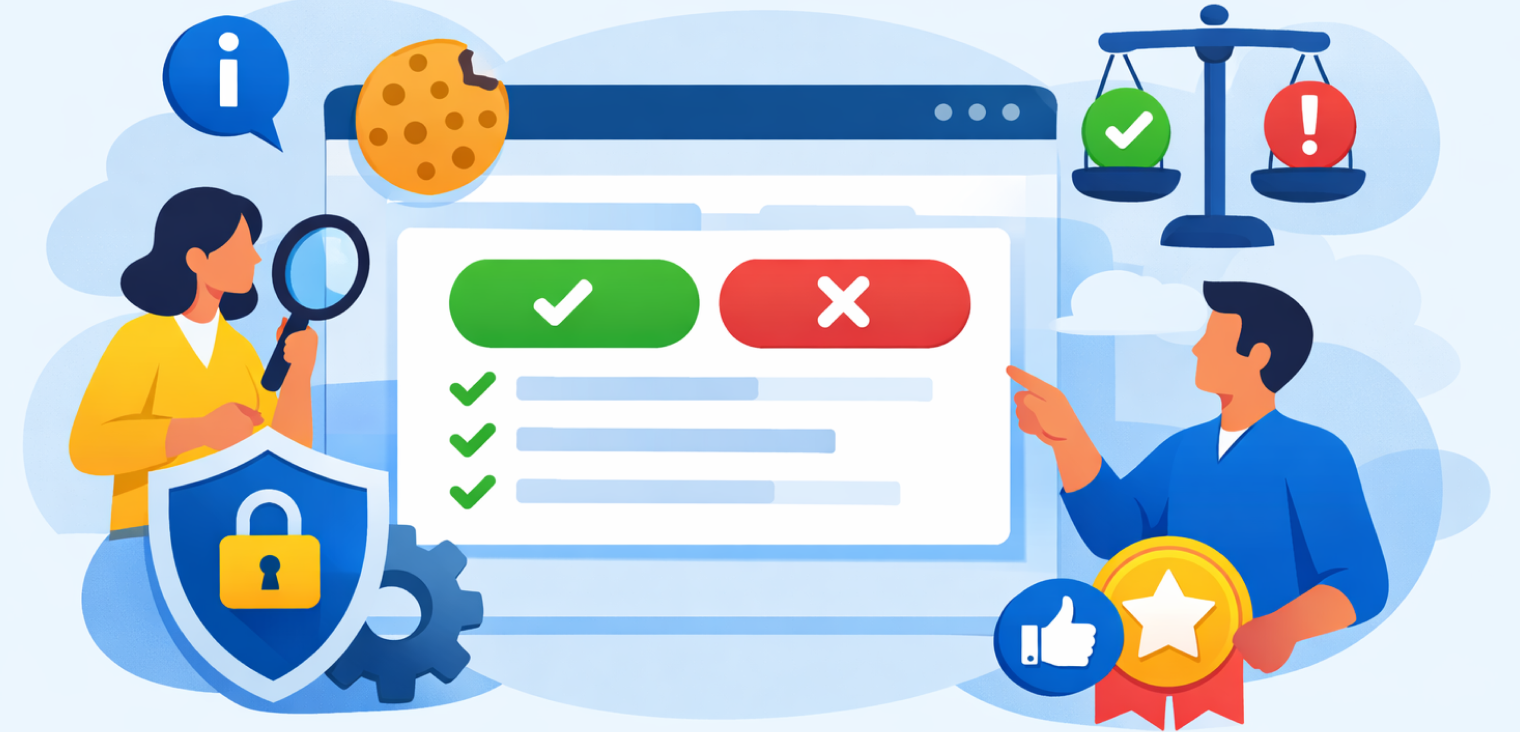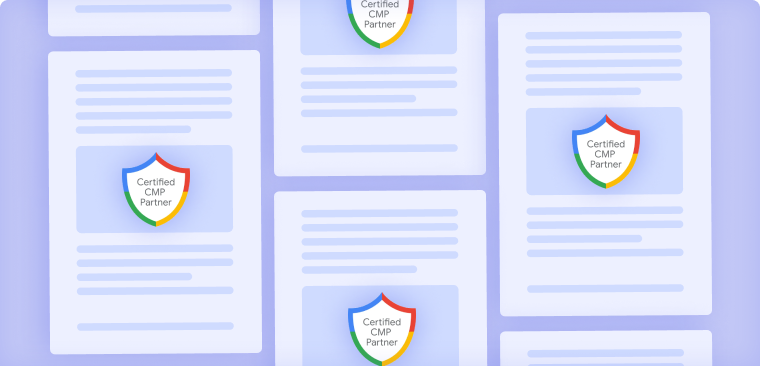The Role of Data Protection Officers (DPOs) in GDPR Compliance
September 16, 2024
•
4 min read
Table of contents
back
to the top
In today’s digital landscape, protecting personal data has become a vital concern for organisations. The General Data Protection Regulation (GDPR), implemented in May 2018, sets strict guidelines for data protection and privacy for all individuals within the European Union (EU). One of the key roles introduced by GDPR to ensure compliance is that of the Data Protection Officer (DPO). This article dives into the importance of DPOs, their responsibilities, and how they contribute to GDPR compliance.
Understanding the Importance of DPOs
A Data Protection Officer plays a crucial role in helping organisations navigate the complex requirements of GDPR. They act as the guardians of personal data, ensuring that data processing activities are compliant with the regulation. Appointing a DPO is mandatory for certain organisations, particularly those that process large amounts of personal data or engage in regular and systematic monitoring of data subjects.
Challenges Faced by DPOs
While the role of a DPO is critical for GDPR compliance, it comes with its set of challenges. Balancing the demands of regulatory compliance with the organisation’s operational needs can be complex. DPOs must stay updated with the latest developments in data protection laws and continuously adapt their strategies. Additionally, they often face resource constraints, making it challenging to implement comprehensive data protection measures.
The Benefits of Having a DPO
Despite the challenges, having a DPO offers numerous benefits to organisations. A dedicated DPO ensures that data protection is prioritised, reducing the risk of non-compliance and potential fines. By fostering a culture of data protection, DPOs help build trust with customers and stakeholders, enhancing the organisation’s reputation. Moreover, a proactive approach to data protection can lead to operational efficiencies and improved data management practices.
Conclusion
The role of a Data Protection Officer is integral to achieving and maintaining GDPR compliance. DPOs not only ensure that organisations adhere to regulatory requirements but also play a key role in protecting personal data and building trust with stakeholders. As data protection laws continue to evolve, the importance of DPOs will only grow, making them indispensable in the digital age.
Explore further

Why Cybersecurity Completes Your Consent Strategy
Prepare for GDPR audits: log timestamped consent, user identifiers, policy versions, actions and withdrawals; use a CMP for secure, exportable audit-ready records.
October 29, 2025
4 min

The Human Side of Privacy: What Drives Cookie Consent Decisions
Users don’t just click banners—they react emotionally. This post explores trust, behavior, and cultural factors behind real consent decisions.
January 23, 2026
3 min

Cookie Control Explained: What It Is and Why Your Website Needs It
Cookie control: manage cookies and user consent, block trackers until opt-in, log preferences for GDPR compliance, and build user trust with a flexible CMP.
August 29, 2025
3 min


